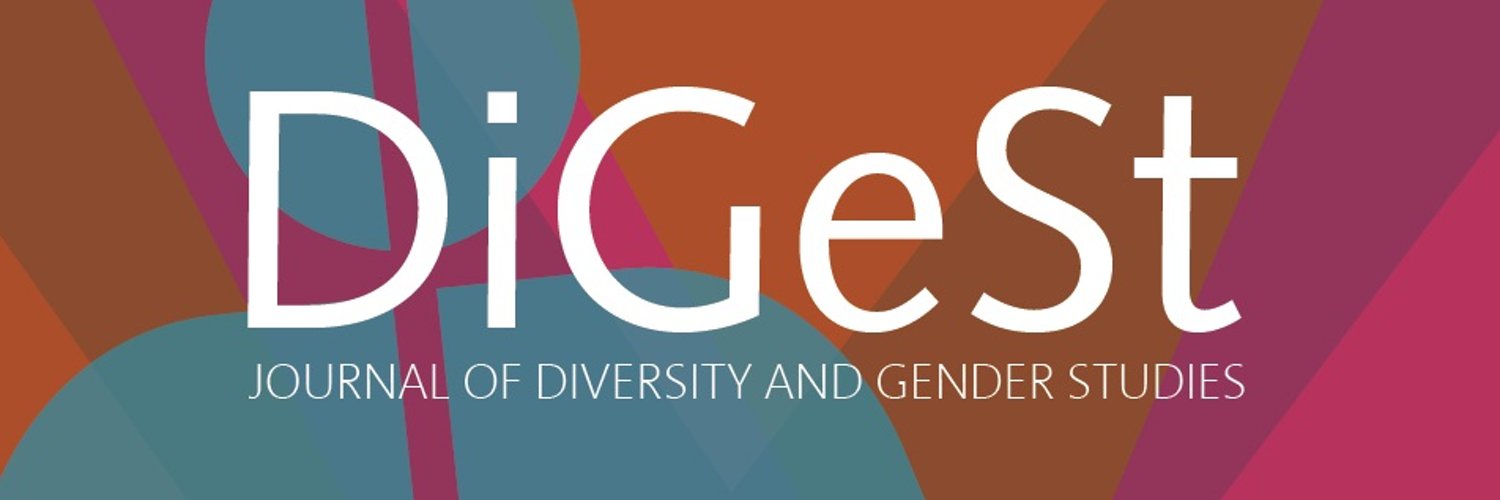Migration regimes across the globe regulate and affect the mobility of people along lines of gender, race, class, and more, and subject people with specific intersectional identities to particular forms of violence. A wide range of formal and informal criteria of deservingness is typically used to exclude people from public services and limit their access to international protection, thus putting them at varying degrees of risk to sexual, physical and economic exploitation. This includes gendered, racialized and class-based requirements for family reunification, as well as Eurocentric, middle-class assumptions of sexuality for SOGI asylum applications (i.e. based on sexuality and gender identities).
While a growing body of work has been done on the effects of migration regimes on variously marginalized people, less attention has been paid to the equally intersectional forms of solidarity that have emerged in response to them. Hence mutual aid collectives of and for women on the move exemplify how resistance is sometimes organised through and within such shared gendered identities that can translate into specific types of sorority. In a different vein, scholars have documented the rise of intimate, kinship-like support practices between young, male, racialized migrants on the one hand, and white, middle-class, middle-aged women. And in yet another way, autonomous collectives organized around LGBTQI+ identities have engaged in close alliances with people on the move concerned primarily with material and legal precarity. Whether such resistance takes place within migrant-led, autonomous or humanitarian collectives, it typically involves power relations and efforts to overcome them that are situated within, or cut across intersectional experiences.
Such practices of support have been approached through a wide range of theoretical approaches, including resistance studies, autonomous social movements, intersectionality, feminist ethics of care and hospitality, and decolonial solidarity. A key thread we see running through these fragmented debates is a sensitivity for how actors negotiate between acting in resistance to migration regimes and reproducing neocolonial power relations. In this workshop, we seek to stimulate debates on these key threads among scholars and activists from a wide range of geographical and disciplinary backgrounds.
This workshop is organised by CESSMIR (Ghent University) in collaboration with DiGeSt (Journal of Diversity and Gender Studies), Ghent Centre for Global Studies, Department of Social Work and Social Pedagogy, and the Centre for Sociological Research (KULeuven).
The full call for papers can be accessed here
Back to Announcements and calls List

